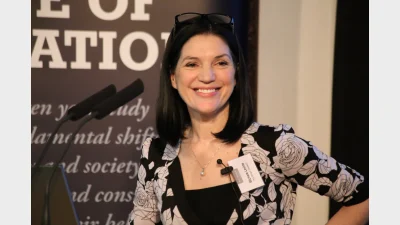Russell defines active versus passive



 |
| Pete Gunning
|
Russell Investments research has attempted to broaden the active versus passive investing debate, outlining five key factors investors should consider when deciding which approach to take.
"We take issue with the conduct of the active versus passive debate, which has made the mistake of framing the issue exclusively in terms of whether active management can outperform an index," said Don Ezra, Russell's co-chairman of global consulting and chairman of the Russell Global Knowledge Management Group.
"Ultimately, the question of whether to choose some alternative to passive investing should not be approached as a single, all-encompassing decision. The choice is likely to vary across asset classes, investors and even time," Ezra added.
The research identified five factors that might cause an investor to seek an alternative to a passive approach. These included no readily replicable index being available, the passive index being at odds with the investor's objectives, the standard of the passive index being inefficiently constructed, the investment environment favouring active management in general, and whether or not a skilled manager could be identified.
Russell chief investment officer Pete Gunning said the new research offers an excellent framework. He added that investors needed to understand how their unique objectives and circumstances figure into determining the optimal investment approach.
Recommended for you
Large superannuation accounts may need to find funds outside their accounts or take the extreme step of selling non-liquid assets under the proposed $3 million super tax legislation, according to new analysis from ANU.
Economists have been left scrambling to recalibrate after the Reserve Bank wrong-footed markets on Tuesday, holding the cash rate steady despite widespread expectations of a cut.
A new Roy Morgan report has found retail super funds had the largest increase in customer satisfaction in the last year, but its record-high rating still lags other super categories.
In a sharp rebuke to market expectations, the Reserve Bank held the cash rate steady at 3.85 per cent on Tuesday, defying near-unanimous forecasts of a cut and signalling a more cautious approach to further easing.











